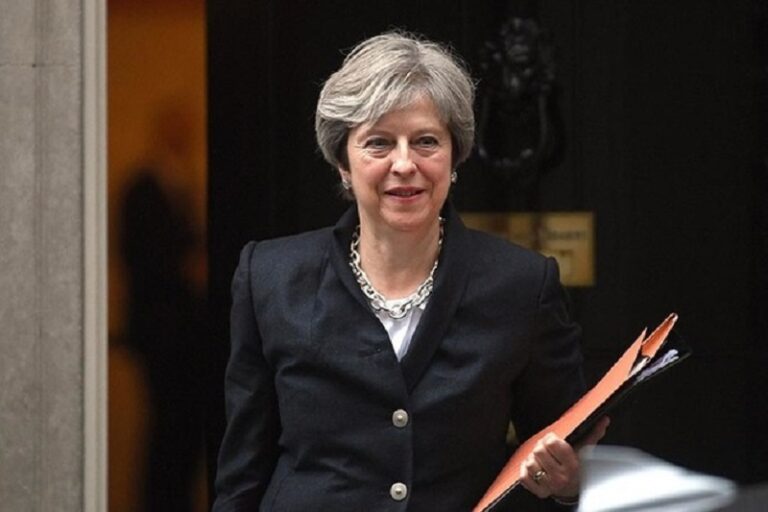The Ulster Farmers’ Union used a meeting with the Prime Minister, Theresa May, to press the case for more speed in setting out firm policies for agriculture after Brexit. UFU president, Barclay Bell, said that with a year to go to Brexit, farmers and growers across the UK needed to know how the industry would be protected from cheap food imports; what arrangements would be made to maintain existing trade with the EU-27, Ireland, and the UK; and how the industry would be supported.
“The government has been hinting that it will do the right things – but farming is a long term industry that has to plan. Not knowing what trade arrangements will be in place or how it will be supported makes that impossible,” he said.
The UFU sought assurances that the 70% of farm exports that go to the EU would be protected, even if the UK leaves the customs union and single market. “We remain concerned about comments from the government that it wants to be a free trading nation, as this suggests it wants food imports with minimal tariffs. However, we were encouraged by the Prime Minister’s recent speech on the UK’s future economic partnership with the EU. In it, she recognised the high environmental and animal welfare standards of the UK agri-food industry and that these standards will remain at least as high as the EU’s. This needs to become a firm policy before trade negotiations begin next March between the UK and countries outside the EU,” said Bell. It also sought assurances that ways would be found to maintain the all-Ireland trade in agriculture and food, stressing that this existed long before the UK and Ireland joined the then EEC, and needed to continue after Brexit.
“We also made it very clear that we did not want to see the creation of any additional controls in the Irish Sea. GB is and will remain the main market for the Northern Ireland agri-food industry,” said Bell.
With the transition period after Brexit set at 21 months, the UFU says more detail is needed now about the government’s intention to leave the CAP and develop our own agriculture policies. Bell said, “Domestic support measures will be necessary for farming to thrive but farmers also need to be treated properly and fairly as equal partners in the supply chain. This is something that we particularly emphasised to the Prime Minister.”
“I believe the Prime Minister and her cabinet want to make a success of Brexit. But with the CAP such a large proportion of farm incomes, we need to know how we will move from that to a new policy designed to deliver for UK agriculture. For Brexit to be a success a smooth transition is essential,” said Bell.
The UFU used the meeting to underline that farmers are committed to continuing to play a major role in the economy, as the foundation of the UK’s £112 billion food and drink industry and the 3.9 million jobs it brings.
“There are still differences of opinion as to whether or not Brexit was a good decision – but that decision has been made and the challenge is to ensure it delivers the best possible future for farming. What we want is an outcome that allows us to deliver safe, affordable food and a thriving countryside. That we want to play our part in a dynamic post-Brexit farming model was our core message to Mrs May,” said the UFU president.


